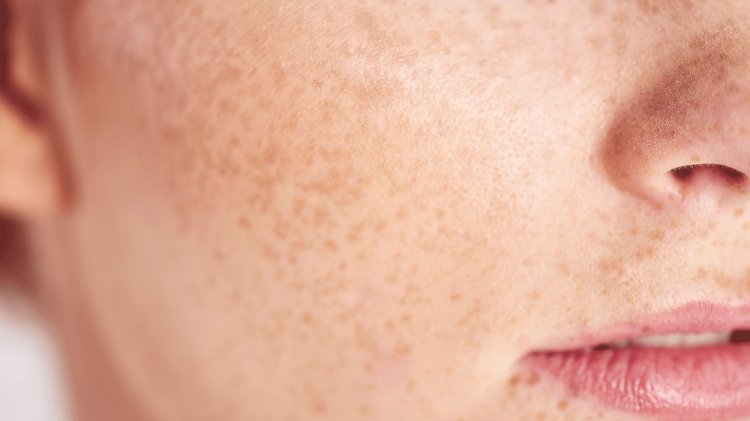Are There Different Products For Sensitive Skin Care?
Sensitive skin is challenging to manage. Where can we get the right product? Here is what we have found out.

Managing Sensitive Skin
Whether made for sensitive skin or if it's hypoallergic or extra gentle, the product label says it all. Do you believe in these claims? If your skin is sensitive, do you need to buy special products? The answer is not necessarily.
Telling you more than the label on the front is the back of the package. Before you buy check the ingredients list and not the marketing claims, according to Annie Chiu, MD, a dermatologist in Redondo Beach, CA.
It is good to avoid the things that can probably irritate the skin as Chiu says. Often found in cleansers, moisturisers, or anti-aging creams, watch out for harsh ingredients. The list is long containing fragrances, dyes, exfoliants like alpha- or beta-hydroxy acids or salicylic acid, sulphates, and preservatives.
Claiming to be made for sensitive skin, don’t feel like you have to search for moisturisers, cleansers, or other products. To find products that don’t bother you, Chiu says, it may take some trial and error. A good place to start is inexpensive over-the-counter items designed to be extra gentle and fragrance-free.
Is Label Claims True?
There’s no guarantee the claims are true, while many labels say they are made for sensitive skin, gentle on your skin, or even hypoallergenic.
Claiming to clean, moisturise, or beautify, the FDA doesn’t regulate makeup or skincare products. Claiming to treat skin problems like allergies, it may require proof for products. To manufacturers making claims they can’t support sometimes it sends warnings.
Chiu says causing problems are even skincare products that they say are hypoallergenic or made for sensitive skin. While labels can be misleading, there are cosmetics containing formaldehyde releasers as preservatives. You may not see them on the list of ingredients even though they can irritate the skin.
According to the FDA, it may not be true while labels that state a skin product is fragrance-free or unscented. It is similar in the condition of shampoos, body lotions, shaving creams as well as bath gel too Unless there’s a claim that the ingredients benefit your health, the FDA doesn’t regulate scents in products. It may still contain fragrances, as some skincare products do claim. They do not change how the product smells, as they are just used to mask other odours.
What Products Help Sensitive Skin?
Acting as a natural barrier for your body is healthy skin. Here we find it keeping moisture in as well as irritants out. For some reason, sensitive skin may just be a poor barrier.
Your doctor can diagnose the condition always as Chiu says. The skin gets easily inflamed or reacts to certain ingredients, which is what it means. Common triggers for sensitive skin flare are cosmetics and skincare products.
Protect the skin with sunscreen every day to keep it healthy, clean, and moisturised. Good choices are skin creams, or lotions with glycerine, hyaluronic acid, petrolatum (mineral oil jelly), ceramides, or lipids in case you have sensitive skin. Helping your skin hold in moisture and act as a barrier are these products. It helps soothe sensitive skin with lotions coming with chamomile, aloe, and green tea polyphenols. To ease irritation, use cream-based moisturisers on dry skin. Once a day you need to cleanse or wash your face.
On the skin of your arm or behind your knee to see if it bothers you, test a small amount of any new skincare product. Stick with products you already use which comes as another good tip. You can be sure they don’t bother the skin. It isn’t always considered to be better to get new ones.
It doesn’t mean it won’t make your skin is inflamed or itchy just because a skincare product contains natural ingredients or plant extracts. As Chiu says, it is misleading to use the term all-natural. Irritating sensitive skins are plant extracts and essential oils. They don’t make sure they are less irritating, where products come marketed as natural or green aren’t certified or tested.
How Do We Conclude?
Sensitive skin is always troublesome. Deciding the best ingredients suited for your skin is a challenge. Often products contain ingredients not mentioned on the label whereas they can irritate your skin. A dermatologist helps you get the best product suited for the skin type. We have highlighted a few points in the discussion and we are sure they will help you. Until next time, we sign off promising to bring more of the tips and tricks.
What's Your Reaction?





















